Involuntary or Court Ordered Treatment
It is always best for a person to receive mental health treatment voluntarily. However, sometimes this may not be possible. In those situations, there are a few options to help a loved one get the mental health treatment they need.
For guidance and a listening ear, call NAMI Chicago’s Helpline at 833-626-4244.
Court Ordered Outpatient Treatment
This refers to any outpatient treatment that a court mandates for a person living with a mental health condition, or co-occuring substance use condition, who has not consistently stayed in treatment. A person with a substance use condition but no known mental health condition cannot be mandated to participate in treatment, unless there are criminal court proceedings.
Court ordered outpatient treatment can be voluntary or involuntary. Click the links to learn more:
Involuntary Inpatient Admission
If a person is a danger to themselves or others, or unable to take care of their physical needs, a third-party may file a petition in civil court to admit them into a hospital. There are strict legal restrictions around this, to protect the rights of the individual.
Your rights during involuntary treatment
If you are admitted to a mental health facility against your will, you still have rights. You can only be admitted court-ordered for involuntary admission to a mental health facility against your will if, after a legal proceeding (by judge or jury), it is determined that you have been diagnosed with a mental illness and you have been found to be:
A danger to yourself or others right now OR
Not able to take care of your own physical needs right now so as to guard yourself from serious harm without the assistance of family or others OR
Refusing treatment or not adhering to prescribed treatment and, because of an illness, you’re unable to understand the need for such treatment and you are reasonably expected to suffer deterioration that would lead you to become a danger to yourself or others or unable to take care of your own physical needs.
While you are admitted, the facility must develop a treatment plan within three days of your admission.
Before a court can order involuntary admission, your treatment team must file a written report explaining why, and how they plan to treat you. If the court authorizes the involuntary admission, it will take this report into account in its detailed order. Also, after an order of involuntary admission is entered, the facility has 30 days to submit to the court a detailed treatment plan, so that the court can be certain you are receiving adequate services and humane care.
Involuntary Administration of Medication or ECT
Legal processes around involuntary treatment do not include the administration of psychotropic medication or electroconvulsive therapy (“ECT”). Involuntary administration of medication is considered to be a significant interference with a person’s liberty, interests and right to be free from unwanted treatment, and should not be taken lightly.
A person over 18 may petition the court for a judge to mandate that you be administered medication or ECT despite your refusal. Courts only authorize such treatment when there is clear and convincing evidence that you have a serious mental illness and you are currently showing one of the following:
Deterioration of your ability to function, compared to how you functioned before your current set of symptoms, OR
Suffering, OR
Threatening behavior
The petitioner must also prove the length of illness, continuing presence of the symptoms and that the benefits of the treatment outweigh the harm.
The court must decide that you lack the ability to make a reasoned decision about the treatment and that other, less restrictive services have been explored and not been the right fit.
Your rights in this process
You have the right to receive and review written information before the court hearing about the risks, benefits, and side effects of the proposed treatment.
You also have the right to an attorney and to ask the court for an independent examination to assist you in your defense in the proceeding.
You also have the ability to ask for more time so that you can adequately prepare for the hearing on the petition.
You have the right to appeal the court’s decision, if they rule in favor of involuntary treatment.
